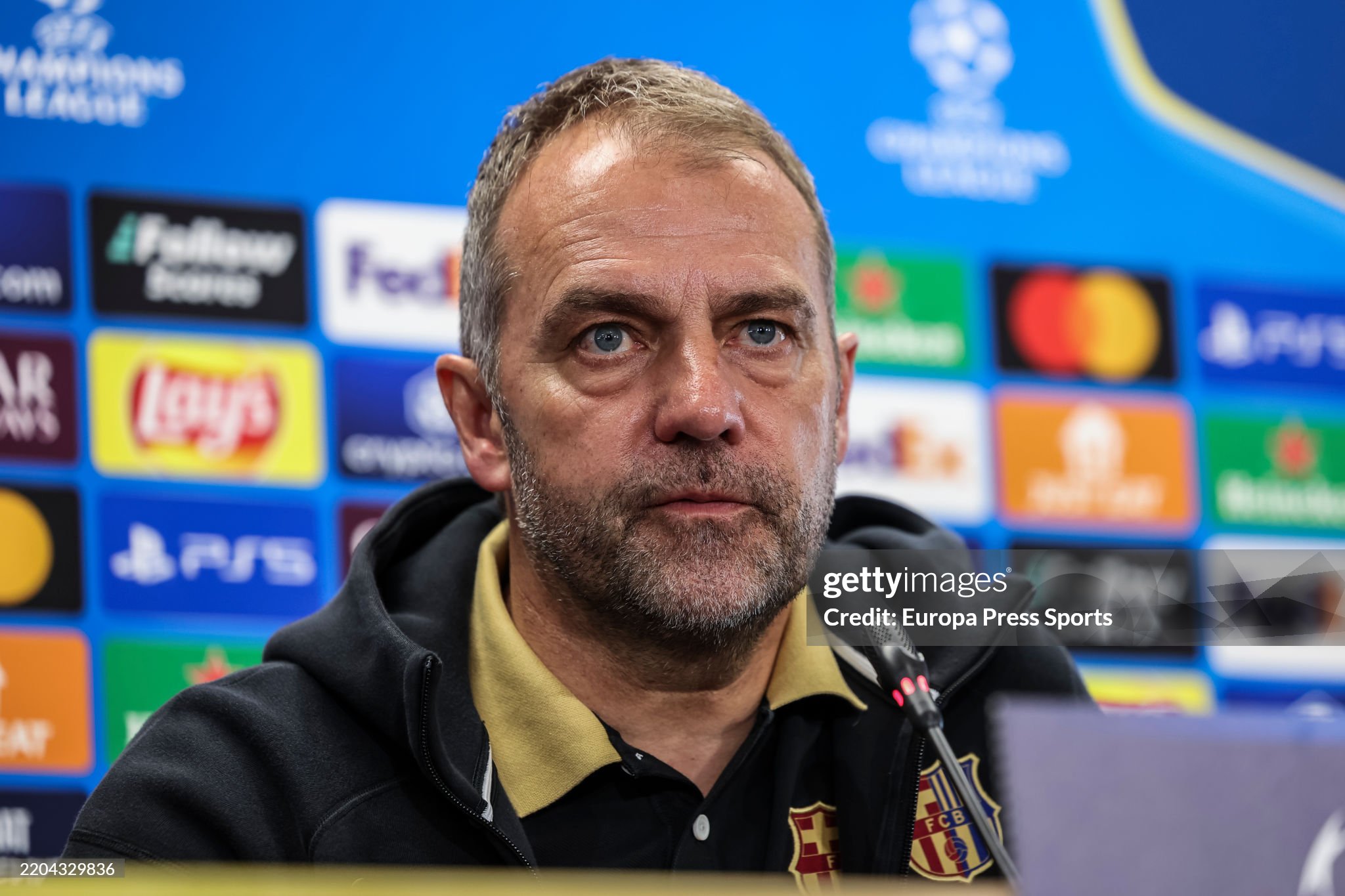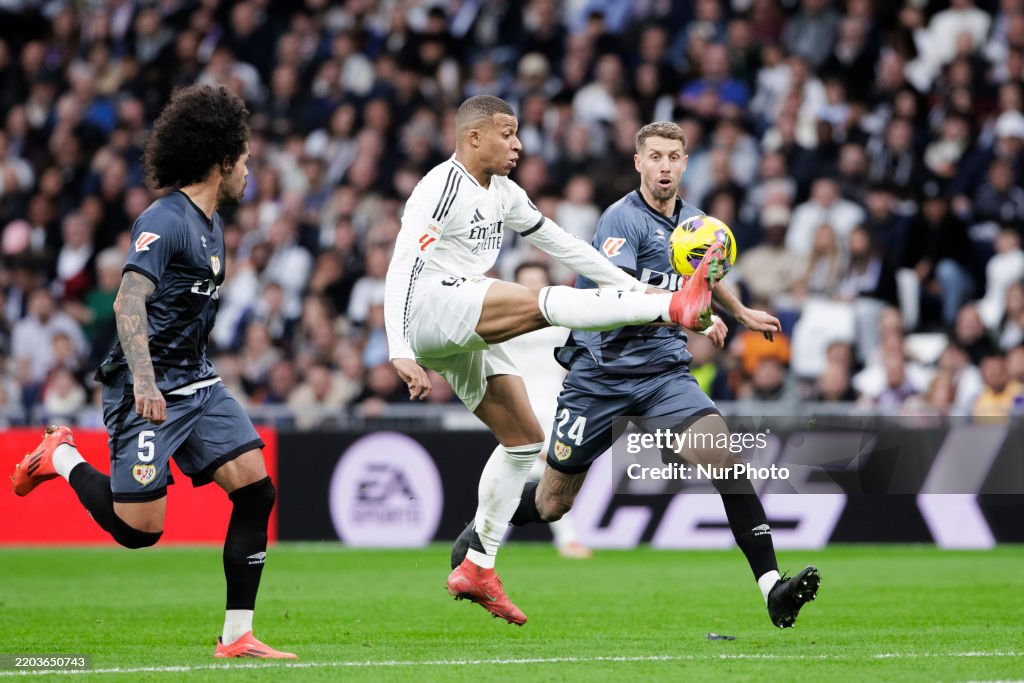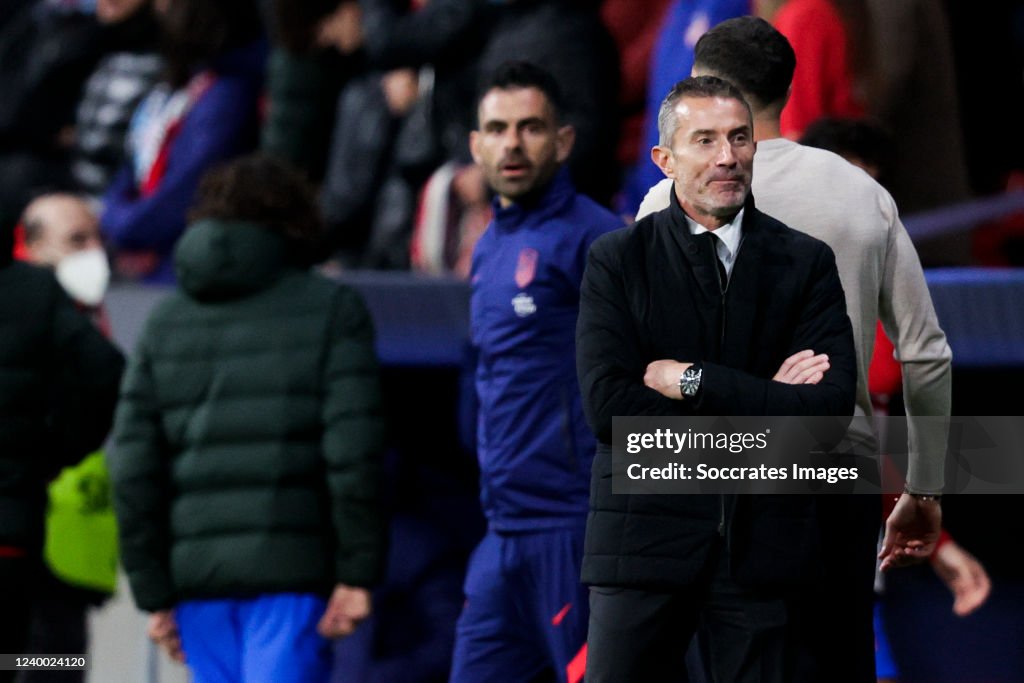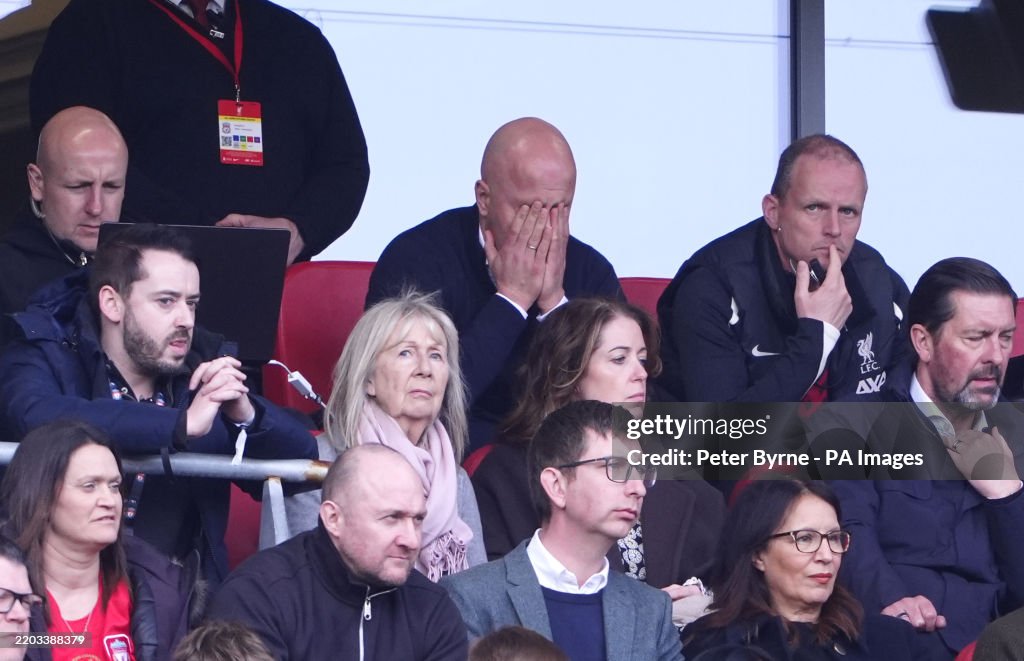Chelsea manager Enzo Maresca addressed the confirmation of Mykhailo Mudryk's positive doping test during a press conference on Wednesday afternoon ahead of the Conference League match against Shamrock Rovers.
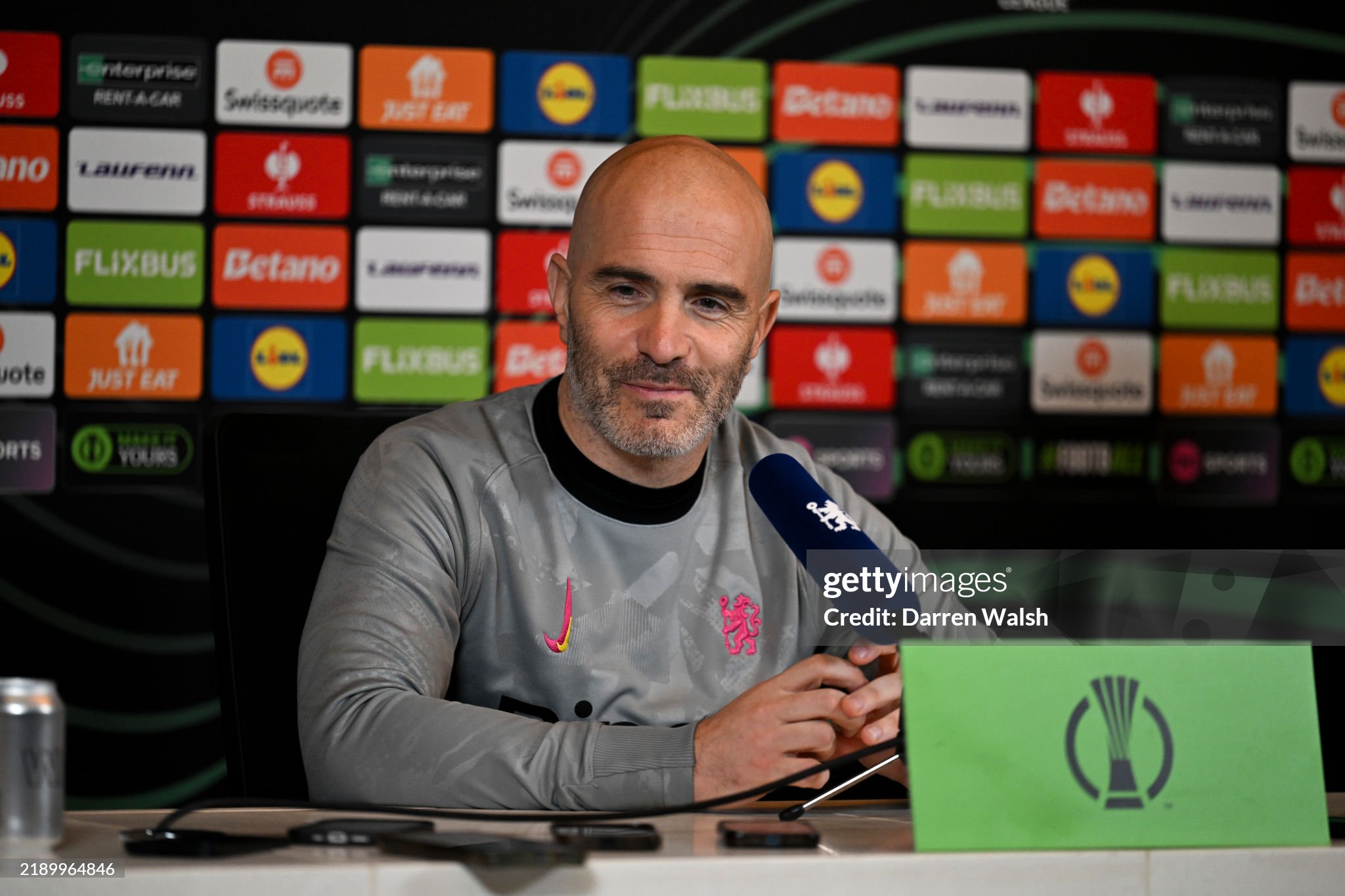 Embed from Getty Images
Embed from Getty Images
Chelsea’s confirmation on Tuesday of Mykhailo Mudryk’s positive doping test sent shockwaves through the football world, particularly given the player’s status as one of Ukraine’s brightest talents and Chelsea’s key attacking assets.
The 28-time international winger, who joined Chelsea in January 2023 for a significant fee, now finds himself under scrutiny as the club and fans await the results of the B-sample, a crucial step in determining his fate. If the B-sample confirms the presence of a banned substance, Mudryk could face a suspension that might span months, or even years, depending on the substance involved and the circumstances of the case.
The uncertainty surrounding Mudryk’s future comes at a challenging time for Chelsea, who are beginning to find form under manager Enzo Maresca. Since his arrival, Maresca has been focused on restoring stability and success to the club, with Chelsea leading their group in the Conference League and occupying second place in the Premier League table a significant improvement compared to recent seasons. Mudryk, while not always a consistent starter, has been an important part of Chelsea’s attacking rotation, contributing three goals and five assists in 15 appearances this season.
Speaking at the pre-match press conference ahead of Chelsea’s Conference League fixture against Shamrock Rovers, Maresca was quick to offer his unwavering support for Mudryk. “We all believe that Mudryk is innocent,” said Maresca, referring to the player by his nickname, Misha. “He will definitely come back. We don’t know when that is the only uncertainty we have at the moment. But he will definitely return, and we will support him through this.”
Maresca’s comments reflect the club’s commitment to standing by the Ukrainian forward during this period of intense media scrutiny. While Chelsea issued an official statement to confirm the situation and the ongoing process, Maresca admitted there was little more he could say until the B-sample results are known. “Beyond that, I can’t add much more. There is an official statement from the club, and that’s all we can rely on for now.”
The Italian manager’s calm and measured response stands in stark contrast to the tension that has engulfed Chelsea supporters and the broader football community. For a player of Mudryk’s stature and potential, the consequences of a confirmed doping offense could be career-defining. Suspension for doping violations has historically ranged from a few months to years, depending on the circumstances. While accidental ingestion of a banned substance can lead to lighter punishments, deliberate use often results in far stricter consequences.
The situation inevitably led to broader questions about football’s history with doping, with Maresca himself becoming part of the conversation. During the press conference, the manager was asked about his playing days at Juventus between 2000 and 2004. The question referenced the club’s controversial history in the 1990s, when Juventus faced accusations of systematic doping practices. This line of questioning appeared to touch on the parallels between past controversies and Mudryk’s current predicament.
Maresca handled the inquiry with composure, delivering a thoughtful perspective. “I was expecting this question… I think football was already clean back then,” Maresca responded, emphasizing his belief that the sport has long maintained high standards of integrity. “I don’t believe there is a big difference between then and now. These kinds of things positive doping tests, incidents like this happened in the past, happen now, and will happen in the future. Unfortunately, it’s part of the sport.”
The manager’s remarks highlight the ongoing challenge football authorities face in ensuring a clean and fair playing environment. While advancements in anti-doping technology have improved detection rates, occasional positive tests still occur, sometimes sparking controversy and speculation.
Mudryk’s case has already led to widespread debate among pundits and fans, with many questioning the circumstances behind the positive result. Some have speculated on the possibility of contamination or accidental ingestion, which has occurred in past high-profile cases. Others have pointed to Mudryk’s rigorous training regime and rapid rise to prominence, suggesting that pressure to perform at the highest level may have inadvertently contributed to the situation.
Chelsea’s fanbase remains divided, with many rallying behind Mudryk, urging the club to continue supporting the player through the investigation. Others are more cautious, awaiting concrete information from the B-sample before passing judgment. What remains clear is that the outcome of this case will have far-reaching implications not just for Mudryk but for Chelsea as a whole.
Should the Ukrainian international be cleared of any wrongdoing, the ordeal could serve as a rallying point for both Mudryk and the team, reinforcing their unity under Maresca’s leadership. However, a confirmed violation would be a significant blow, forcing Chelsea to recalibrate their attacking options and address the long-term absence of a player they invested heavily in to secure.
For now, Chelsea’s focus remains on the immediate challenges ahead, particularly their Conference League clash against Shamrock Rovers. Maresca’s ability to steer his team through this turbulent period will be a testament to his leadership and calm under pressure. As for Mudryk, his fate hangs in the balance, with the footballing world watching closely as the investigation unfolds.
Updated: 04:29, 18 Dec 2024



